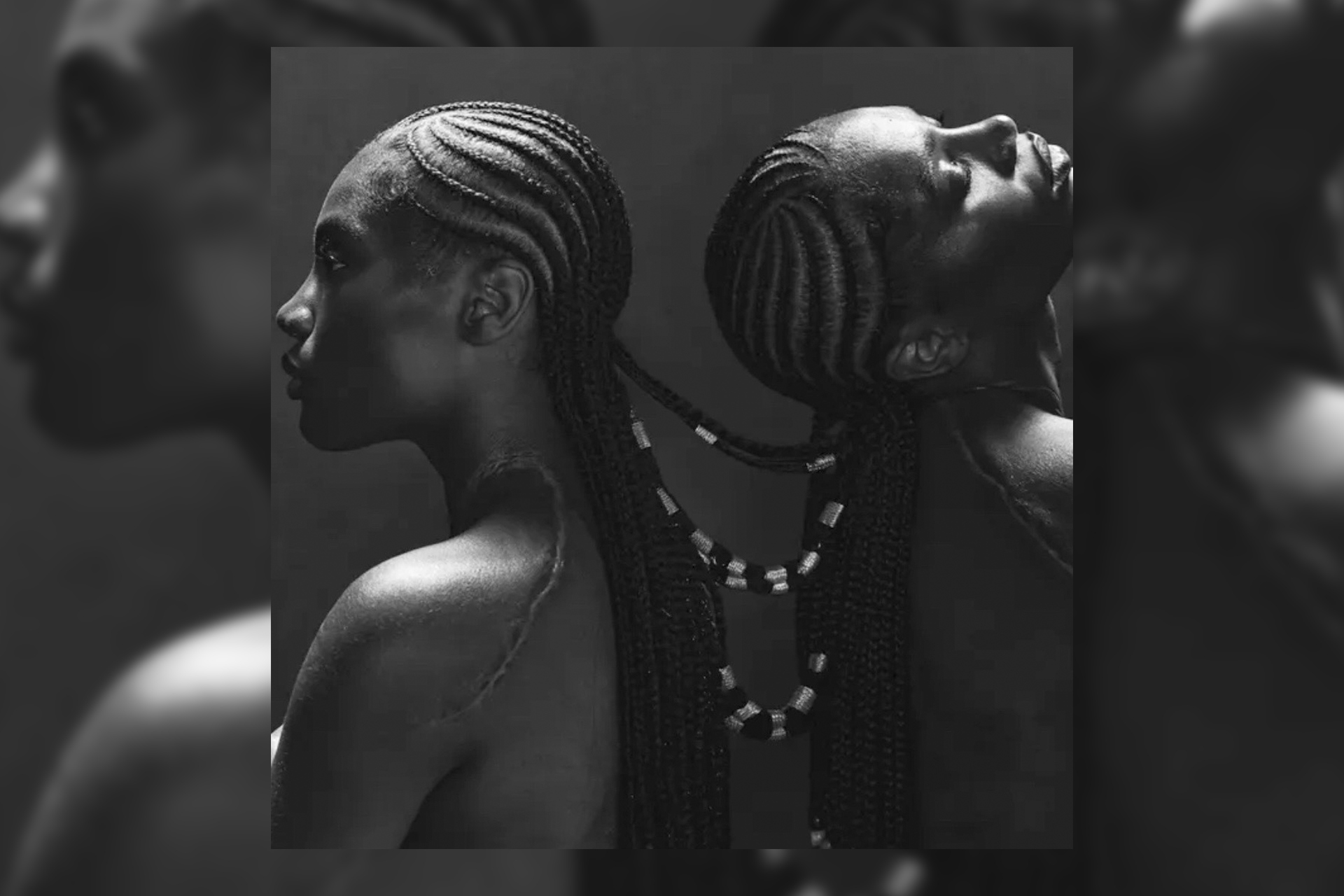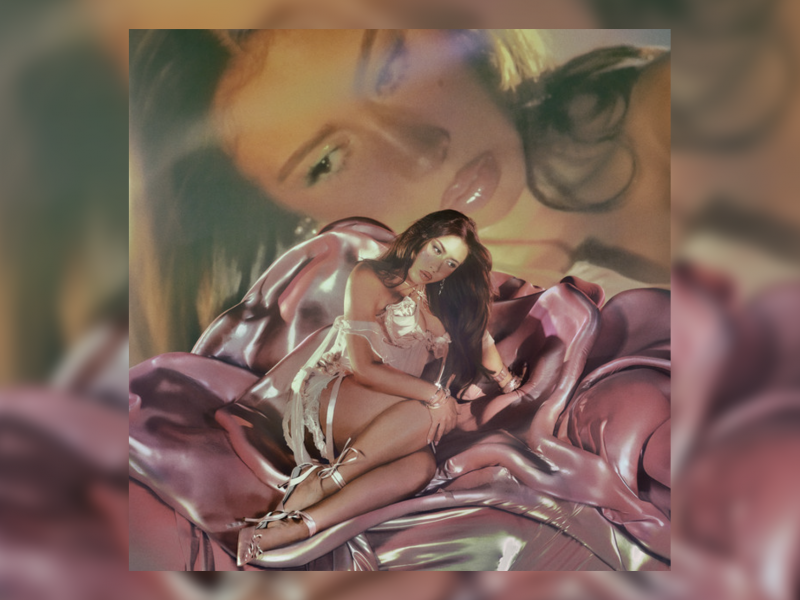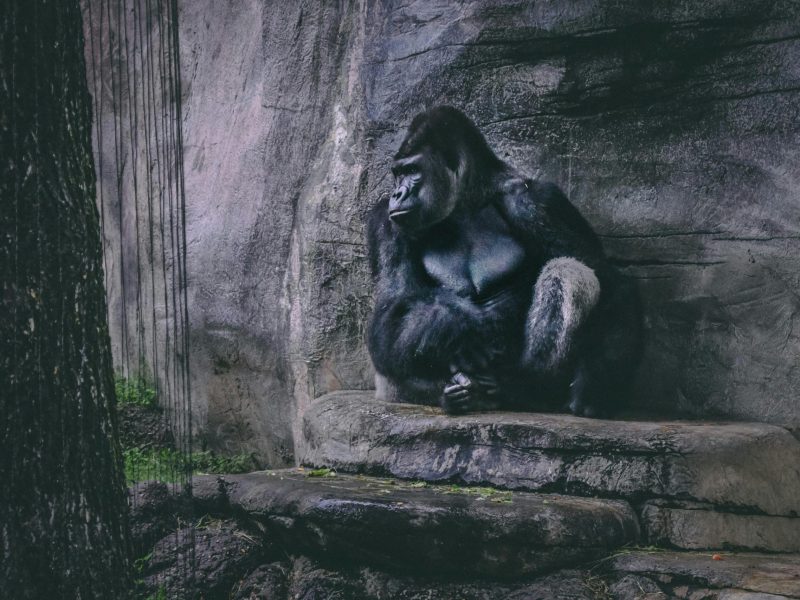When rapper Doechii’s new single, “Anxiety” dropped last week, I instantly recognized the familiar guitar plucks from Gotye’s “Somebody That I Used to Know” and couldn’t have been more excited.
I waited eagerly for Doechii to transform the meek indie instrumental to fit her signature expressive style. But I soon came to a harrowing realization — this was just the “Somebody That I Used to Know” instrumental with minimal changes.
“Anxiety” isn’t a bad song, but it forever exists in the shadow of a smash hit. Though Gotye’s iconic chorus never appears, it lingers in the mind, making Doechii’s song unintentionally depersonalized. The track helplessly shares its identity, which is especially disappointing since Doechii infuses so much energy into songs such as “DENIAL IS A RIVER” and “NISSAN ALTIMA.”
Sampling is generally a double-edged sword. When done right, it creatively recontextualizes a song, giving it a new life in a different genre or era. But recently, popular artists have instead relied on copying and pasting some of the most recognizable hits from the last 30 years — always with middling results.
Nicki Minaj’s 2022 song “Super Freaky Girl” suffers from the same problem. She already faced an uphill battle using the same sample from MC Hammer’s “U Can’t Touch This,” a pop-rap landmark of the ‘90s. Once again, the sample dilutes Minaj’s personality, as the inevitable comparisons to a completely unrelated song distract listeners.
[‘Mickey 17’ is a rare misstep for director Bong Joon-ho]
Repurposing a classic isn’t the issue — Doechii and Minaj just didn’t make the necessary changes to make it their own.
These lifeless samples often feel like the audio equivalent of clickbait as shameless attempts to generate streams by exploiting nostalgia rather than a genuine ode to the sampled song.
I never get the sense that these artists even like the samples they use. Their choices read more like marketing bullet points designed to sell a song to a record label than genuine artistic decisions. They clash with the artists’ usual sound, devoid of any personal touches or reinvention.
Lesser artists have crumbled even faster in this sample-demic. Rapper Latto’s “Big Energy” blatantly copies Mariah Carey’s homework, reusing the beat from her hit 1995 song “Fantasy.”
Simply put, Latto is no Carey. Her flat delivery can’t hold a candle to Carey’s tour de force vocals, giving listeners no reason to choose “Big Energy” over “Fantasy.”
For a sample to truly work, it must breathe new life into a track. JID’s “Surround Sound” borrows parts of Aretha Franklin’s “One Step Ahead,” but speeds it up with trap-infused drums. I can listen to both songs for entirely different reasons — “Surround Sound” amps me up, while “One Step Ahead” is laid-back and smooth.
Another common producer tactic is interpolation — recycling a song’s melody. Longtime DJ David Guetta recently became infamous among online music fans for his constant interpolations, with many calling it lazy.
David Guetta’s 2023 song “Baby Don’t Hurt Me” borrows the chorus from Haddaway’s famous dance track “What Is Love,” but ultimately feels devoid of any personality. Singer Anne-Marie’s rendition of the chorus barely carries the passion of Haddaway’s original, making it feel like a cynical cash grab.
[Margaret Leng Tan redefines the piano with daring, untraditional concert]
All of Guetta’s interpolations follow this strict formula — take a gimmick song, strip it of its character and drop it over a generic EDM beat with a featured singer. His creative process is soul-crushing, shoving interesting concepts into a familiar mold. As a poster child for this era of uninspired sampling, he embodies the industry’s black hole of personality.
Still, copy-paste sampling remains a surefire success. Nearly every song mentioned has surpassed 100 million Spotify streams. While “Anxiety” hasn’t reached that milestone yet, it’s found a comfortable home on TikTok, where videos using the audio rack up millions of likes.
I still miss the days when samples felt innovative. This new era of sampling feels flaccid and lifeless, creating songs that merely exist to fill space on a playlist. No matter how talented the artists behind them may be, these songs all suffer from a major identity crisis.
“Anxiety” is far from the worst sample ever, but it serves as a reminder to listeners of how difficult it is to stand side-by-side with one of pop’s biggest hits.
Best put by Omar Little in The Wire — “If you come for the king, you best not miss.”



